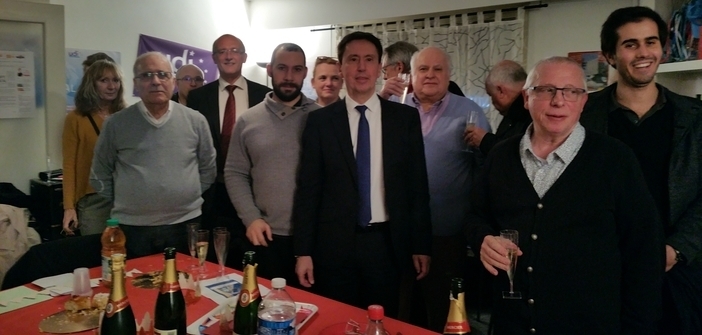After the Macron tsunami that marked 2017 indelibly, the parties are searching for direction, and at least from what we see, some will have difficulty recovering.
The analysis of what happened, and whose consequences went far beyond what could have been predicted, may change, but one thing is certain: nothing will be the same as before.
The traditional parties have shattered, internal fault lines have become chasms, and alliances are no longer feasible.
The UDI did not escape this crisis: Jean-Luc Borloo’s party, which brought together centrists from the Radical Party and those from the defunct UDF under the Nouveau Centre label, is no more.
The Radicals have reunited with their brothers from the Radical Left Party, from whom they separated in 1972 (the reunion congress took place on December 9, a symbolic day that celebrates the 1905 law on secularism), while Hervé Morin’s centrists have taken the path of autonomy, awaiting to find their orientation.
Final result? What remains under the UDI label are the deputies around Jean Lagarde, more or less compatible with Macron, and local elected officials, usually in right-wing coalitions.
In any case, this union positions the radical movement as an actor in the renovation of French political life.
In this context, a few days after his new colleague Patrick Mottard, local president of the PRG, it was Hervé Cael’s turn to gather a handful of members on the occasion of the New Year’s wishes to explain the party’s line and the upcoming deadlines they face.
This merger will happen coldly with the final deadline at the end of December, meaning there will be 12 months to find the solutions that will inevitably arise: what governance, what local political line, and above all, what electoral alliances.
It’s no secret that Hervé Cael aligns with Christian Estrosi, while Patrick Mottard is on the opposite position.
Moreover, Hervé Cael acknowledges this lucidly: “Resuming a common life after almost half a century of separate adventures does not immediately impose itself as a given.”
For now, we’re not there yet, and the next milestone will be the European elections in 2019: we can predict that the new radical movement will have no difficulty participating in the future “pro-Europe” list (most likely transnational) that is being conceived: furthermore, are the two constitutive words, social and liberal, not in the new name of this movement?


